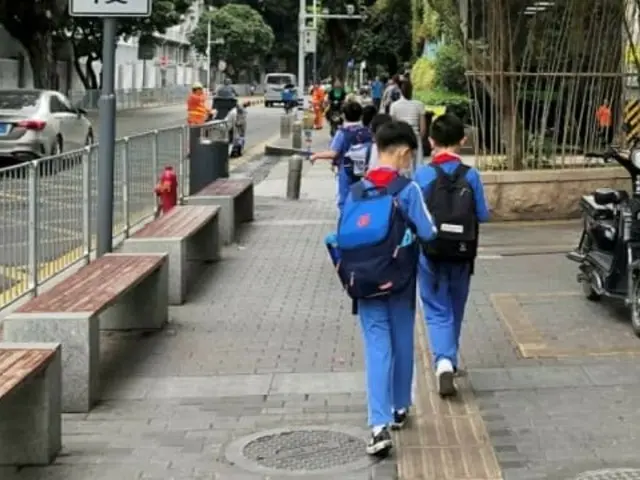According to the ``2021-2023 Consolidation/Abolition Current Status Document'' received by members of the opposition party from 17 cities and provincial offices of education nationwide, 24 schools were consolidated in 2021, 27 schools in 2022, and 21 schools in 2023.
It became. A total of 72 schools have been consolidated over the past three years. Of these, the largest number were elementary schools at 58, followed by 11 middle schools and 3 high schools. By region, there are 16 schools in Gangwon-do.
, 12 schools in Gyeonggi-do, 10 in Jeollanam-do, eight each in Gyeongsangbuk-do and Chungcheongnam-do.
School consolidation and closure will result in a rapid decline in the school-age population due to the accelerating decline in the birthrate. According to the City/Provincial Education Bureau, the number of students in elementary schools nationwide will be 2021.
The number decreased by 2.5% from 2.672 million to 2.605 million last year. From now on, the rate of decline will become even faster. Based on the National Statistics Agency's future population projections, the number of elementary school students in 2030 is
The number of people is 1.61 million, which is less than 2 million. Compared to 2021, the number of people will decrease by more than 1 million for the first time in nine years. School consolidation is expected to continue this year as well.
In the case of the Jeollabuk-do Office of Education, it has been announced that it plans to consolidate 13 schools this year in response to the declining school-age population. one
There are concerns within the department that school consolidation will further deepen regional educational disparities. Schools in rural areas, mountains, fishing villages, and remote areas are being consolidated, and students increasingly have to commute long distances.
On the other hand, it means that the metropolitan area and new urban areas will become increasingly polarized, with problems such as overcrowded classes and teacher shortages continuing. Rep. Kang said, ``We should make the most of the small schools that can be put to good use and carry out normal curriculum activities.''
We need human resources and budget support for this purpose. "If consolidation is unavoidable, we will also have to worry about the site where the school will be closed."
2024/03/19 20:52 KST
Copyrights(C) Herald wowkorea.jp 83

